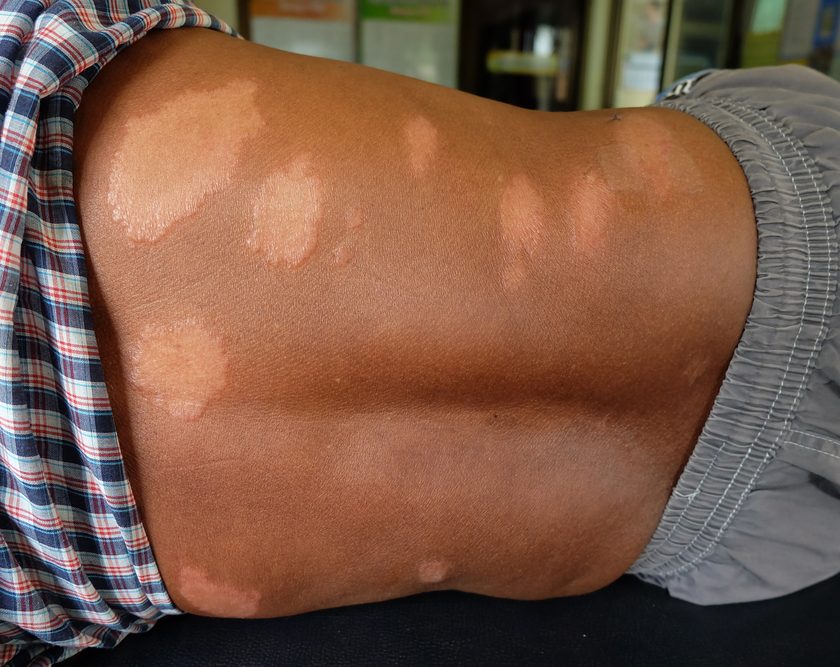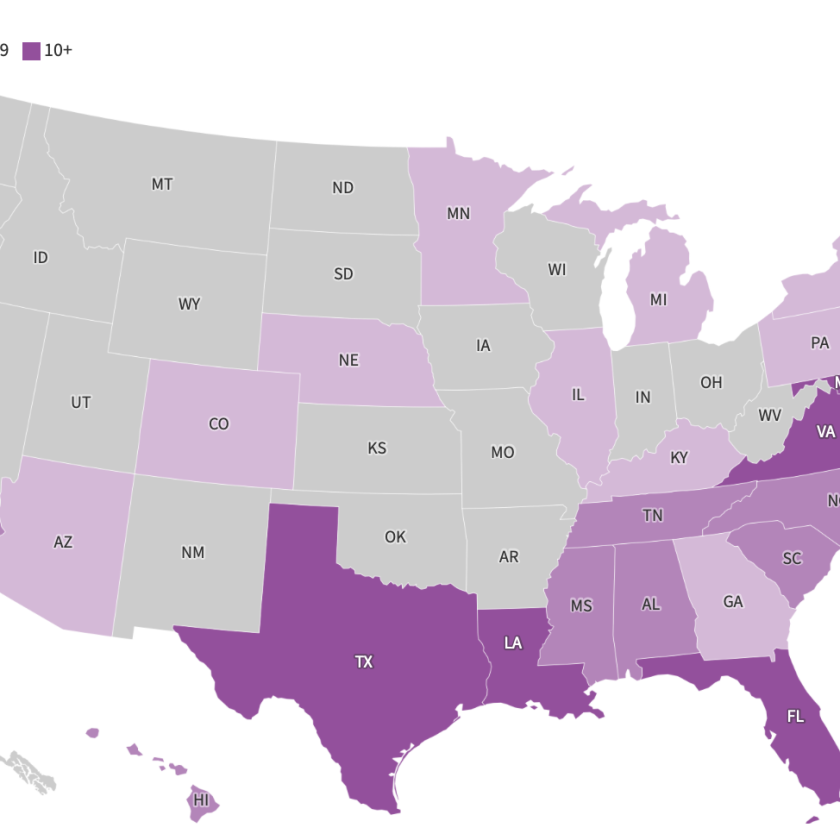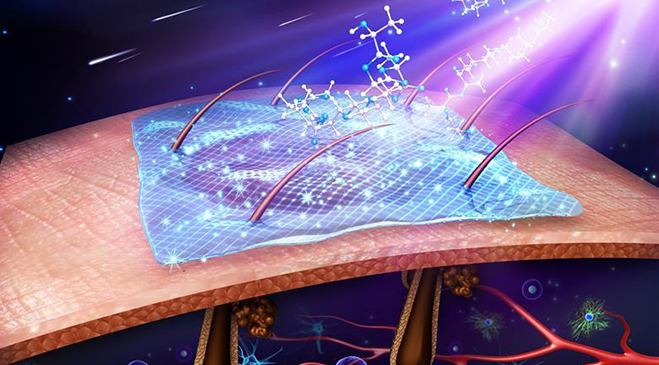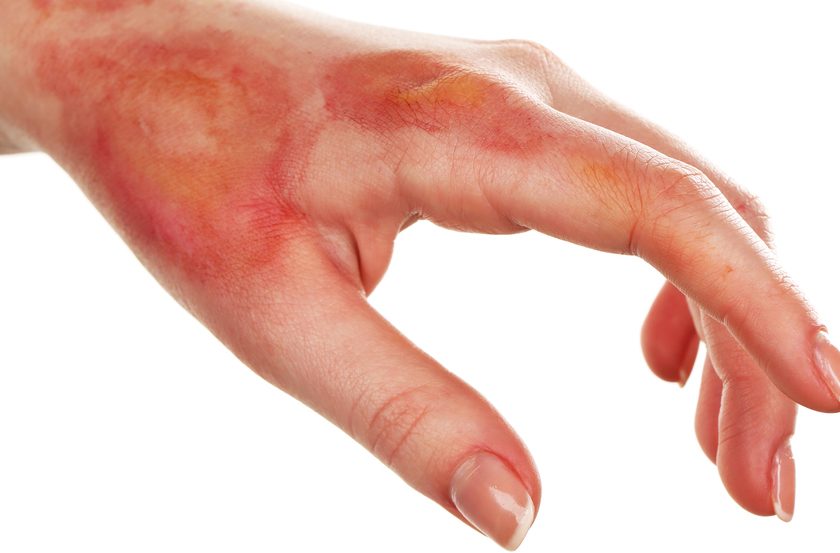by Donna Sardina, RN, MHA, WCC, CWCMS, DWC, OMS
What an honor it is to be the wound care “superhero”—the guru, the healer, the go-to person. Unfortunately, this honor may be accompanied by wound care overload—too much to do in too little time.
Once someone is crowned the superhero specialist, others may try to transfer every aspect of wound and skin care to that person—all treatment plans, assessments, documentation, prevention, education, and accountability. Superheroes don’t cry, so they don’t complain about the workload. Yet, the overload must be controlled.
So what can the superhero do? Start by using checklists. My favorite definition of a checklist comes from Wikipedia: an informational job aid used to reduce failure by compensating for the potential limits of human memory and attention. Must-have checklists include daily schedule, assessment, documentation, and treatment checklists. And let’s not forget the master to-do list.
Checklists can be created in the form of protocols, algorithms, or procedures. The ultimate goal of creating a checklist is to produce a comprehensive form that promotes consistency and can be used quickly and easily in stressful situations.
Next, determine how much time you’ll need to complete each checklist task. According to current research, it commonly takes about 10 minutes to change a basic wound dressing. But because wound treatments may vary with the product, protocol, and environment, you may find it more useful to determine your own durations. To do this, complete a detailed time and motion study. Alternatively, use a time management activity worksheet or keep a log of how much time you spend on each task. (See Job task analysis.)
Once you’ve determined your tasks and their durations, you might be in for a surprise: It’s possible even a superhero wouldn’t be able to complete all the tasks listed. Using detailed protocols and checklists, you can reassign specific tasks to other healthcare team members, or even demonstrate the need for additional wound care clinicians to your employer. Superheroes often suffer for the greater good of others, commonly by overworking. But when they do that, they may fall short of the ultimate superhero goal—protecting the public. It’s hard to perform at your best when overloaded with work. Instead, organize, prioritize, and share the load.
Access free to-do list templates
Donna Sardina, RN, MHA, WCC, CWCMS, DWC, OMS
Editor-in-Chief
Wound Care Advisor
Cofounder, Wound Care Education Institute
Plainfield, Illinois






